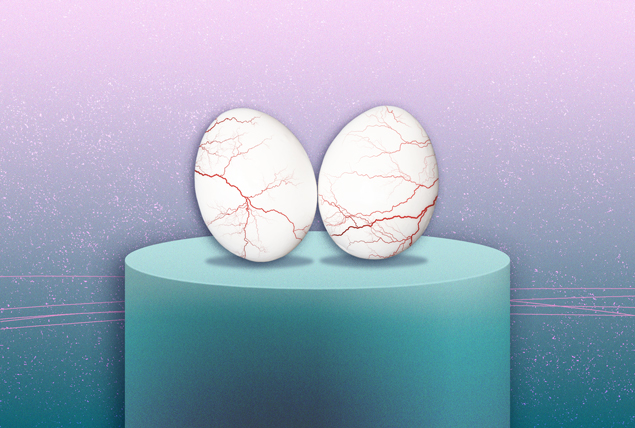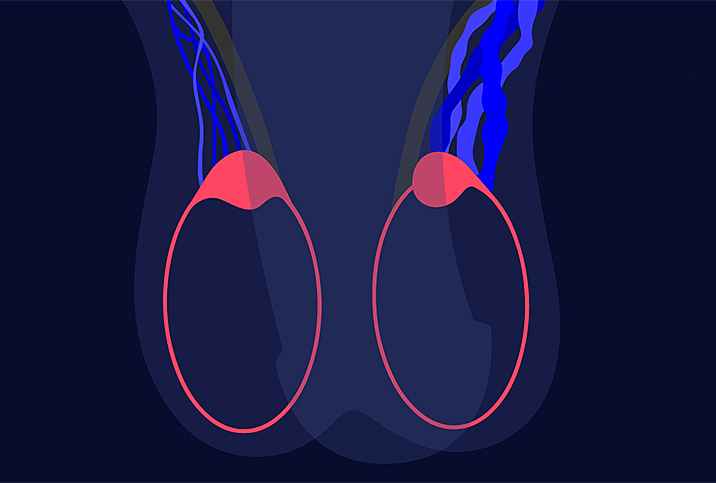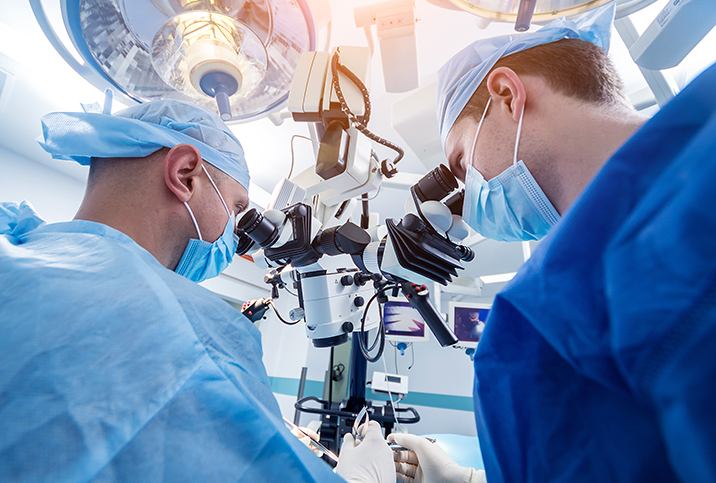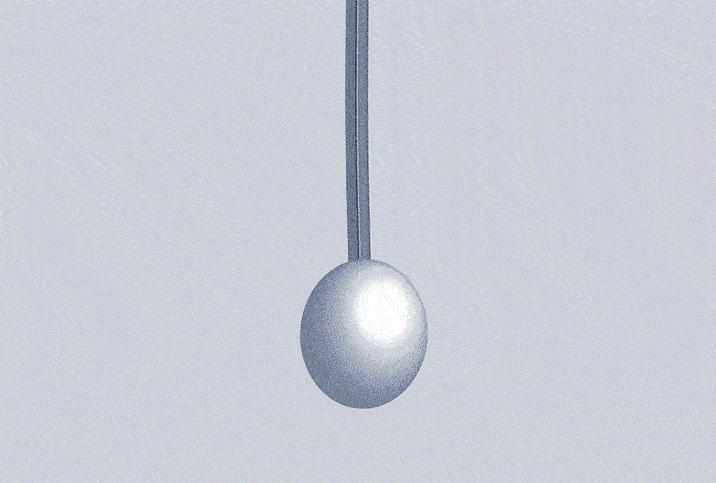What Are the Signs of Varicoceles and What Causes Them?

Varicoceles are a testicle condition that largely presents with no symptoms. Most men won't know they're afflicted until a doctor notices the subtle enlargement during a physical exam when they find signs of a varicocele.
The most significant effects men may experience from a varicocele are shrinkage of the affected testicle and, most notably, possible infertility.
What are varicoceles?
Varicocele is a condition affecting males in which the veins within the scrotum connected to the testicle become swollen. It's similar to how varicose veins become swollen in the legs. They've been described in a couple of different ways: like "a bag of worms" or like there's al dente spaghetti above the testicle.
Varicoceles aren't typically life-threatening and often present with little to no discomfort. At times they may be painful, and if left untreated they may affect a man's fertility.
In certain instances, they can cause an adolescent's testicle to underdevelop.
Data indicates about 4 in 10 men tested for fertility issues have a varicocele, so there is a correlation to reduced fertility. The theory is that the additional blood pooling near the testicle increases temperature, affecting its ability to produce sperm, a complex operation that requires the testicles to be kept 2 to 3 degrees cooler than the rest of the body.
How common are varicoceles?
About 3 million men per year in the United States are diagnosed with a varicocele, and it's believed about 15 percent of men have one at some point in their lives. Adolescents are particularly prone to developing varicoceles, with the condition affecting 20 percent or more of males between the ages of 15 and 25. It's believed the influx of blood and the rapid growth of the genitals during adolescence may contribute to the condition being more common in this age group.
"Varicocele is the most common cause of male infertility," said Richard Heppe, M.D., a male fertility specialist with The Urology Center of Colorado in Denver. "About 15 percent of men have varicoceles, so it's pretty common. Not all varicoceles cause infertility, but of those men who do have infertility, varicocele is the most common diagnosis."
Many men who have varicoceles never know. Varicoceles present on a scale of severity ranking from 0 to 3, with 0 being the least pronounced and 3 the most pronounced. A varicocele of grade 0 is only visible on an ultrasound scan, while a grade 3 varicocele is plainly visible to the naked eye and may appear to change the shape of the scrotum.
What are the causes of a varicocele?
Varicoceles form slowly and have no known cause. They are believed to form because of poorly functioning valves inside the veins that carry blood away from the testicle.
These valves run throughout the circulatory system. They open and close rhythmically in a sequence that helps propel the blood back to the heart. When they don't work correctly in the veins of the scrotum, the blood may pool there, causing the veins to stretch and become distended.
Varicoceles appear most frequently on the left side of the scrotum due to the pathway of blood flow in the genitals. When the veins in the spermatic cords carry blood away from each testicle, they follow different routes. The right one drains into the largest vein in the body, whereas the left side drains into a much smaller vein. This may contribute to a "traffic jam" of blood that causes the vein above the left testicle to grow swollen and distended over time.
"Varicoceles are more common on the left side because the theory is the left gonadal vein drains into the left renal vein, whereas the right gonadal vein drains into the vena cava," Heppe said. "So the system on the right is a little lower pressure than the system on the left."
That's the theory, anyway.
"So when you have a varicocele on the right side, particularly when it's large and one that doesn't seem to decompress when the patient lays down on their back, which would decrease the pressure on that system, then you would have concern for the possibility of a mass causing obstruction of the right gonadal vein, but it's extremely rare," Heppe added.
The underlying cause of varicoceles is unclear. Some men may have faulty valves inside their veins that cause the condition. There appears to be a genetic component to varicoceles, too. Men who have a close relative who has or had them are more likely to develop them.
One important note: If a varicocele develops suddenly in an older man, it may be an indication of a kidney tumor, which can block blood flow to a vein.
What are the signs of varicoceles?
Varicoceles often exhibit no symptoms. When men do experience symptoms, they include the following:
- A dull, aching pain in the testicles that often eases when the man lies down
- Swelling in the testicles or scrotum that may have a worm-like or spaghetti-like appearance above the testicle
- Shrinking of one testicle, aka testicular atrophy
- Fertility problems, as indicated by the inability to achieve a pregnancy after a year of trying
- A lump above the affected testicle
Other possible symptoms of larger varicoceles include low testosterone or azoospermia, which is a near complete lack of living sperm cells in the man's ejaculate.
Adolescents who experience testicular discomfort or pain should know they need to seek an evaluation with a healthcare provider promptly for two reasons.
One, if it is a varicocele, the reduced blood flow may affect testicular growth. Having the varicocele repaired often allows the affected testicle to catch up if the varicocele is detected early.
Two, testicular pain in adolescence can be an indication of a much more serious problem called testicular torsion. This occurs when the spermatic cord gets twisted and blood flow to the testicle is cut off or dramatically reduced. If not treated promptly, the testicle may begin to atrophy, and tissue death can occur in as little as six hours.
Final thoughts on varicoceles
Generally speaking, a varicocele is not a dangerous or painful condition, though it can come with aches and pains. It may cause some embarrassment or discomfort due to its appearance, especially if it is a higher grade.
Most significantly, varicoceles can cause fertility issues in men and cause teens to experience reduced testicular growth if they are more severe, so it's important to be evaluated by a healthcare provider if you suspect you have a varicocele.
Many men can live with a varicocele and have a normal life, but if treatment is indicated or preferred, numerous options are available.


















